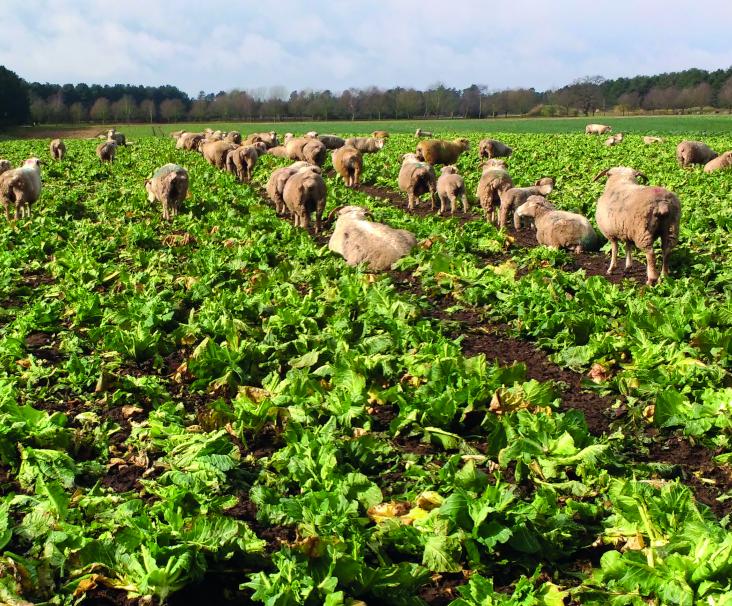This report represents more than a decade of research on sustainable business. Together with the UN Global Compact Progress Report, it forms the world’s most comprehensive research to date on business contribution to the SDGs, advancing Goals 12 and 17.
Partner content
United Nations Global CompactUnited Nations Global Compact, June 2019
This report explores the role of business in securing a healthy, productive and well-governed ocean, contributing to SDGs 12, 13 and 14. Private sector innovation and investment, together with strong public and private governance frameworks, could exponentially increase the amount of sustainable resources delivered from the ocean, including healthy food, secure and affordable clean energy, and more efficient and lower-carbon transport.
Furthering SDGs 2 and 12, this report argues that feeding a population of 10 billion people by 2050 with a healthy and sustainable diet will be impossible without transforming eating habits, improving food production and reducing food waste.
To advance goal 12 and 13, this report provides guidance on the “ambition loop” — a positive feedback loop in which bold Government policies and private sector leadership reinforce each other, and together, take climate action to the next level.
Investors, governments, and other stakeholders are increasingly demanding that companies demonstrate sustainable strategies aligned with the SDGs. A credible SDG strategy allows a company to clearly communicate its impact, facilitates easier access to the growing market for SDG financing, and connects investors with a pipeline of potential opportunities to address the SDG investment gap. This guide seeks to support companies looking to integrate the SDGs into their financial strategy and business model, contributing to SDGs 8, 12 and 17.
While the public sector and public finance will be core to the implementation of the SDGs, it is widely acknowledged that the private sector and capital markets must also play a key role. This report furthers SDGs 8, 12 and 17 by seeking to inspire major players in the investment value chain to build a market for mainstream SDG investments, with enough scale, liquidity and diversification to attract large institutional investors and finance a broad set of private- and public-sector activities in support of the SDGs.
This report provides an assessment of how companies in the UN Global Compact are adopting the Ten Principles and taking action to deliver on the SDGs. It contributes to Goals 10, 12 and 17.
The publication highlights the potential role of social dialogue in fostering stability, equity, productivity, sustainable enterprises and inclusive growth, contributing to SDGs 8, 10 and 12.
This solution-focused report — the fourth in its series — offers 10 new markets which could help get the Global Goals back on track, such as blockchain-based land rights for Goal 10 and energy-efficient cooling for Goal 13. The report aims to demonstrate how global sustainability challenges and risks can be seen as opportunities.

Livestock has disappeared from swathes of England in the past 50 years as many growers became increasingly specialised. However as our soils increasingly suffer leaching, erosion and compaction from ever-heavier modern machinery, more and more arable farmers are reaping the benefits of bringing sheep and cattle back on to the land. Such measures help support SDG 12 Responsible Consumption and Production.
